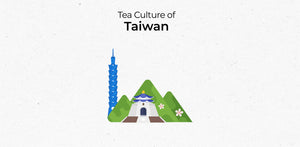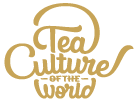Taiwan
History
The Dutch ruled the Chinese province of Fujian from 1624 to 1662. During this time, the Chinese citizens were forcefully sent to Taiwan to work as general labor. These men and women took over Taiwanese land, making it their home. Armed with the skills of tea farming, they set up tea farms in Taiwan, which were originally harvested by aboriginal people. Tides turned and the Chinese were successful in expelling the Dutch by mid-17th century. Upon the pleadings of the citizens, the Fujianese were allowed to immigrate to Taiwan to set up tea estates and factories.
This immigration resulted in a strong oolong tea industry that was heady blend of both Chinese and Japanese practices. And by the late 20th century, this industry grew to become a large-scale industry. Till date, the Taiwanese love their oolong. They believe that tea provides them with energy and vigor. According to a fable, a tea farmer’s pet monkey ran away but returned after three days because he missed the tea that his owner used to brew.
Wu Wo Ceremony
Until 1980s, the Taiwanese tea ceremony was similar to the Chinese Gongfu presentation until ‘Wu Wo’ ceremony gained popularity. Referred to as a selfless tea ceremony, this a celebration where participants bring their own tea and equipage to a scheduled event, take their place in a large circle, and then silently prepare their own tea. There is no leader, but there is an established pattern of sharing around the circle, so that everyone serves and everyone receives.


